Jobless youth vanish from China’s official data
Censorship of bad news, already stricter under Xi Jinping than his predecessors, has worsened as China’s economic recovery from the “zero-Covid” era proves much weaker than Beijing hoped. Xi and his team seek to pump up public confidence at home by withholding negative economic information, but end up increasing anxiety abroad.
The prime example came last month. The National Bureau of Statistics temporarily suspended publishing youth joblessness data, with no timeline for resumption. The youth unemployment rate, which covers urban 16-24 year olds, hit another record high in June (21.3%). It was expected to worsen in July. But no new figure emerged, because Beijing chose this summer, with a record number of college graduates entering the job market, to revise the method of calculating unemployment among young people.
“The economy and society are constantly developing and changing,” explained spokesman Fu Linghui. “Statistical work needs continuous improvement.” In China, it also requires continuous censorship – caustic reactions on social media, quickly deleted, included “as long as I don’t announce it, then nobody is unemployed”.
Cracking Down on Dissenting Voices and Independent Analysis
Over recent months, signs have multiplied of a renewed crackdown on data and analysis. They challenge Beijing’s official narrative of the health of the world’s second-biggest economy. In June, censors took down a series of news infographics for being too informative, noted China Digital Times (CDT). The graphics published by Sohu News, a fairly mainstream media outlet, showed youth unemployment above 20%. They also depicted juvenile criminal prosecutions up 42.8%, as part of its “Spotlight Project” on pressing socio-economic problems.
Beijing wants to control all the spotlights. The FT reported in June that China is ramping up a crackdown on financial sector commentators. Those blocked on Weibo, the Twitter-like platform, include Wu Xiaobo, one of China’s most prominent economic voices with nearly 5m followers, who was accused of spreading “harmful information” and manipulating unemployment rates.
Other prominent local economists told the FT in August they’re under increased official pressure to avoid discussing negative trends such as deflation and capital flight. Scholars and brokerage economists revealed pressure to present economic news positively in order to increase public confidence.
What’s Beijing’s beef with jobless youth?
Why is Beijing hiding the numbers for jobless youth, when China’s national surveyed urban unemployment rate ticked up slightly to 5.3% in July? Because the problem is worsening- numbers have spiralled upwards for months – and this category really worries Beijing. The disconnect between the aspirations of Gen Z and the expectations of the Party-state is growing.
At key inflection points in China’s modern history, the country’s youth has played a pivotal role. Three prominent examples (the latter two still heavily censored within China): the May 4th movement (1919), when students’ protest at the Treaty of Versailles sparked a national reform movement; the Cultural Revolution (1966-76), when Mao Zedong cynically unleashed adolescents’ anarchic impulses to bring down his opponents; and the Tiananmen Square demos (1989) against authoritarianism and elite corruption.
The Party appears keenly aware of the challenge posed by the younger generation, and educated youth’s potential to shape events. But it still lacks a compelling vision for China’s youth beyond the nationalist card. It must walk a fine line between meeting their aspirations and ensuring their compliance with Party objectives.
Young spenders feel the pinch
The pressures experienced by Generation Z during adolescence have extended into the world of work. For many, it has proven disappointing and frustrating, involving low pay and long hours of often unproductive activity – the so-called 9-9-6 model involving working from 9am to 9pm six days a week. Social media posts refer ironically to an 007 culture of working round the clock every single day.
For many in this cohort, property ownership and marriage are increasingly out of reach. Any young bridegroom is expected to provide his spouse with an apartment, although the bride often chips in to secure approval. For Chinese men, the prospect of finding a partner is further reduced by a significant male-female imbalance born of the one-child policy. Efforts to encourage young Chinese to have more babies have met no success.
The record number of college graduates seeking work exacerbates an already bleak employment outlook for China’s young people. The job market poses one of the most significant threats to the struggling economy, yet the real data may be even worse: Beijing is cracking down on universities which fudge employment rates by forcing graduates to fabricate records or lie about employment status.
Instead of a lofty message about chasing dreams, graduates at the Chongqing Metropolitan College of Science and Technology got a harsh dose of reality. “You must not aim too high or be picky about work,” advised president Huang Zongming. “The opportunities are fleeting.”
Job worries and economic anxiety increasingly translate into cautious consumption
Young spenders in particular are under pressure to cut back, reported the FT. “I don’t have a desire for non-essential stuff anymore,” said a 26-year-old office worker in Beijing. The “consumption downgrade” online trend, popular among young savers, features memes suggesting cheaper moisturisers and home workout videos instead of the gym.
Ask Ernie about youth unemployment
The Party’s default desire to control information and public discourse mean an ongoing struggle to reconcile the ambition to develop world-beating technologies with Beijing’s longstanding censorship regime. In late August, the censors ceded some ground to Big Tech. Authorities approved four firms to offer artificial intelligence chatbots to the public to rival ChatGPT, including Baidu’s Ernie Bot.
“Let’s talk about something else”. Ernie remains confused by questions on politics, noted The Economist, such as “Who is China’s president?”. And it will tell you Xi Jinping’s mother’s name, but not his siblings. “It also draws a blank if asked about the drawbacks of socialism.”
The censors have, predictably, quashed recent discussion of a strident essay by formerly pro-China Hong Kong businessman Lew Mon-hung, who hit a nerve by blaming the current economic decline on Beijing’s piecemeal approach to economic reform and failure to enact political reform.
Hiding stats such as youth unemployment deprives investors, economists and businesses of another key data point on the economy’s declining health. It also suggests Beijing is struggling for answers to the economy’s sternest test since the opening up and reform era began more than 40 years ago. At Enodo Economics, we call China’s predicament a “slow-motion real economy crisis”. Greater transparency should form part of the solution.
Related articles:
China sets target for economic growth after zero-Covid
Post-Covid China Banks on Economic Recovery After Lunar New Year Holiday

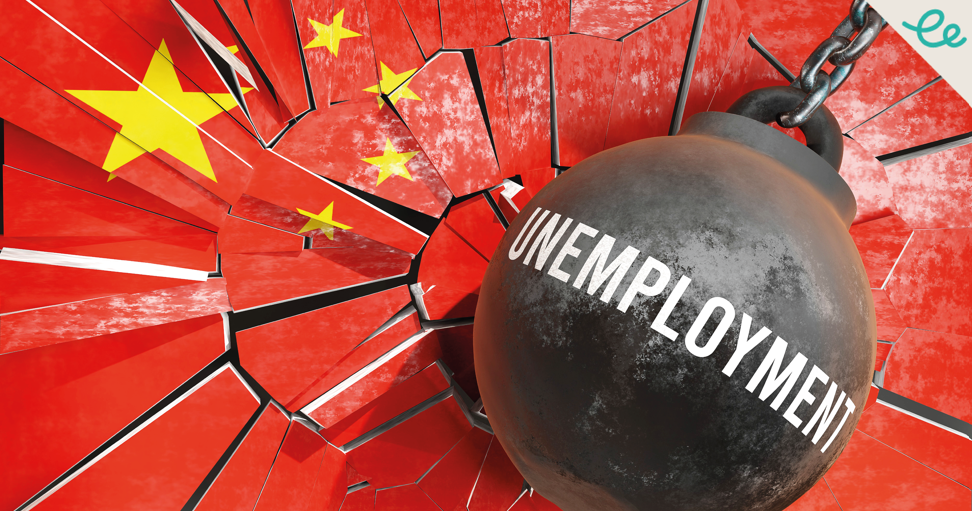

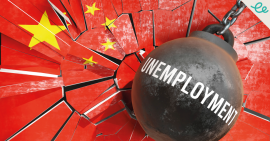

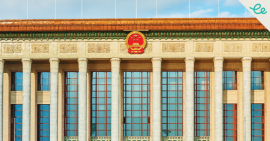
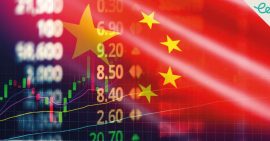
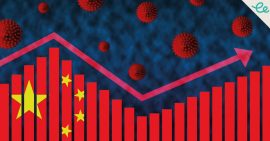

Comments are closed.